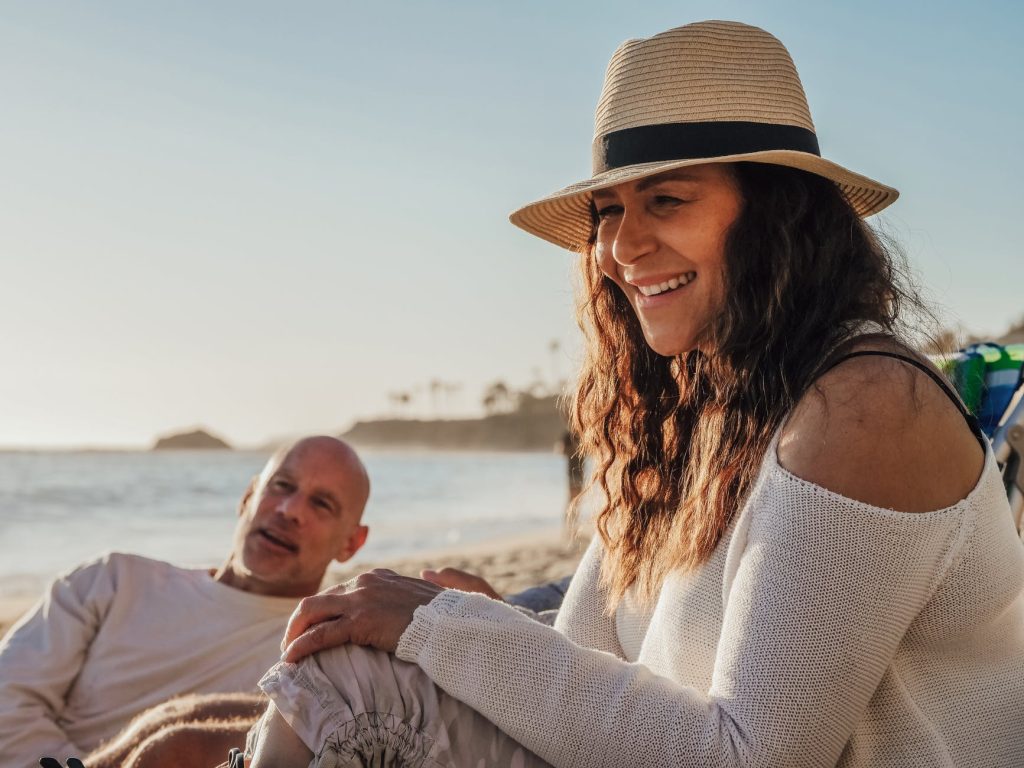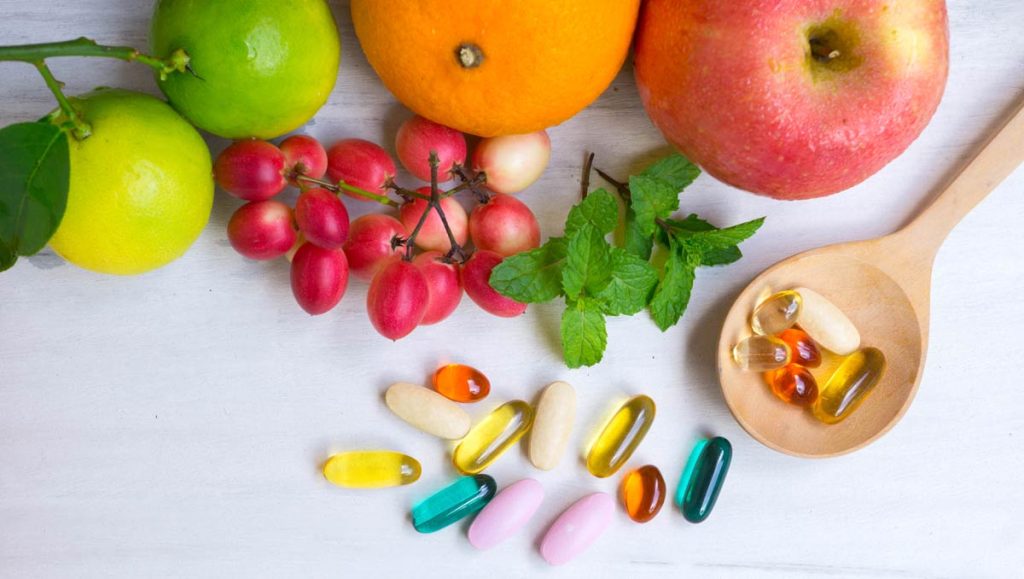Women also need to exercise, even if they’re in their 40s or older. Plenty of gyms are geared towards women, and if you’re an older woman, you may try to find a CorePower Yoga studio near you.
Women also have to watch what they eat, but sometimes their diet may not provide them with all the nutrients they need. The following supplements can help make sure that women over 40 can look and feel better when they also have a nutritious diet with regular exercise.
Multivitamins
It’s actually best if adults of all ages (and both men and women) take multivitamin supplements daily. These supplements make sure you get all your required vitamins and minerals, which your diet may not be able to provide regularly.
For women over the age of 40, these multivitamins become even more important. They can prevent several types of vitamin and mineral deficiencies that can lead to serious problems. These include depression, fatigue, dry skin and hair, and nerve problems for women.
You do have to make sure you get multivitamins that were specifically made for women who are at least 40 years old. They should be tested for quality by reputable 3rd-party testers.
Omega-3s
Everyone needs omega-3 fatty acids, such as EPA (eicosapentaenoic acid) and DHA (docosahexaenoic acid), But they’re especially important for older adults. They enhance brain health to reduce the risk of problems like Alzheimer’s disease.
They also improve the heart to help reduce the risk of heart disease. Each year, about 8.6 million women around the world die from stroke and heart disease. Cardiovascular disease is the leading cause of death worldwide, with fully ⅓ of all deaths in women due to this condition.
It’s best, according to the International Society for the Study of Fatty Acids and Lipids (ISSFAL), that you consume 500mg of EPA and DHA omega-3s every day. You can get these omega-3s from fatty fish like salmon, sardines, tuna, and herring, but the supplements can make sure you always get the needed 500mg.
Coenzyme Q10 (CoQ10)
CoQ10 is an antioxidant that the body uses for energy production. Your body actually produces this naturally, but your body doesn’t produce as much as you get older. That’s why you need CoQ10 supplements.
Various studies have also revealed that your body can benefit from CoQ10 supplements, with does ranging from 60mg to 500mg. The antioxidant reduces the risk for various chronic conditions, including diabetes, heart disease, kidney disease, and neurodegenerative diseases.
Melatonin
You may recognize melatonin as the sleep hormone. Your body also produces this naturally. But you may experience hormone fluctuations when you go through perimenopause (that transitional time leading to menopause) and menopause itself.
These female periods often lead to sleep issues, and sleeping medications aren’t all that helpful. These sleeping medications can lead to unpleasant side effects, including dependency.
In contrast, taking melatonin supplements doesn’t cause problems, whether short term or in the long run. The melatonin helps you to sleep more easily. You get enough hours of sleep, and the sleep quality also improves.
When you sleep better, you get improved overall wellness. Having enough decent sleep each night also fights against obesity.
Calcium, Vitamin D, and Phosphorous
It’s very possible that your multivitamins don’t contain enough of these particular nutrients, and your diet may not get you enough of them either. That’s why you should talk to your doctor about this issue, as you may have issues with low bone mineral density if you’re deficient in one of these nutrients.
The RDA for women is that you get about 1,000mg to 1,200mg of calcium. You need 15 to 20 micrograms of vitamin D, and 700mg of phosphorus. There are calcium supplements that also contain both phosphorus and vitamin D to make sure your bones stay strong even as you get older.
Soy Isoflavones
These supplements can also help boost bone mineral density, when you get at least 75mg per day. It lowers blood pressure and reduces “bad” cholesterol. It even alleviates the hot flashes that come with menopause.
You should consult your doctor for the right dosage, however, as the soy isoflavones have similar properties to estrogen.
Probiotics
While you can get these good gut bacteria from foods like kimchi and yogurt, you can get them as dietary supplements too. These supplements offer certain benefits, such as:
- Stronger immune system
- Reduced cavities and gum disease
- Lower blood cholesterol
- Improvements for depression and anxiety
- Help for wound healing, scars, and eczema
- Reduces the risk of diarrhea
- Helps with digestion and manages digestive discomforts
Glucosamine Sulfate
If you’re at risk for developing osteoarthritis or you already have the condition, ask your doctor about this supplement. It can help provide a measure of pain relief from osteoarthritis and the slow joint deterioration that comes with the condition.
Studies indicate that you need a daily dose of 1,500mg. You can take a single large dose, or take 2 or 3 smaller doses spread throughout the day. Some topical creams for osteoarthritis relief may also contain glucosamine sulfate.

